Critical, country analysis of nuclear program risk, status and future direction
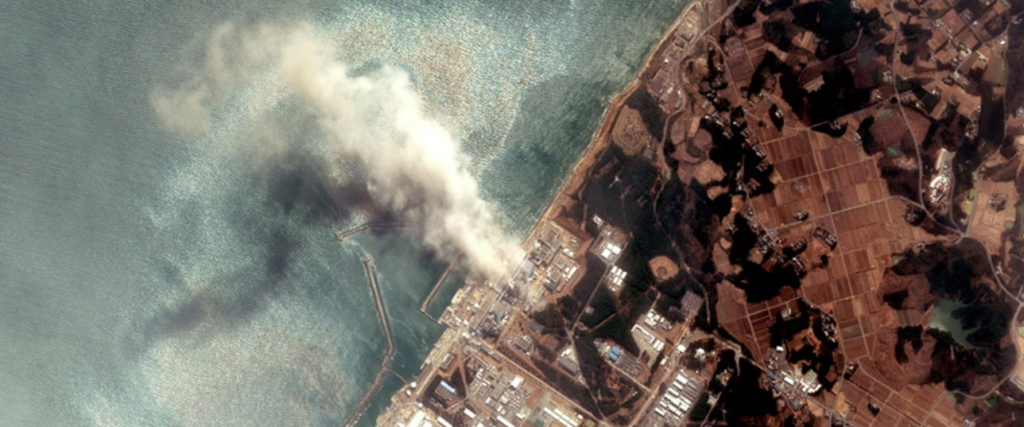
Nuclear power is a source of low-carbon, long-life energy. Public and governmental confidence in the safety and security of nuclear power plants is essential
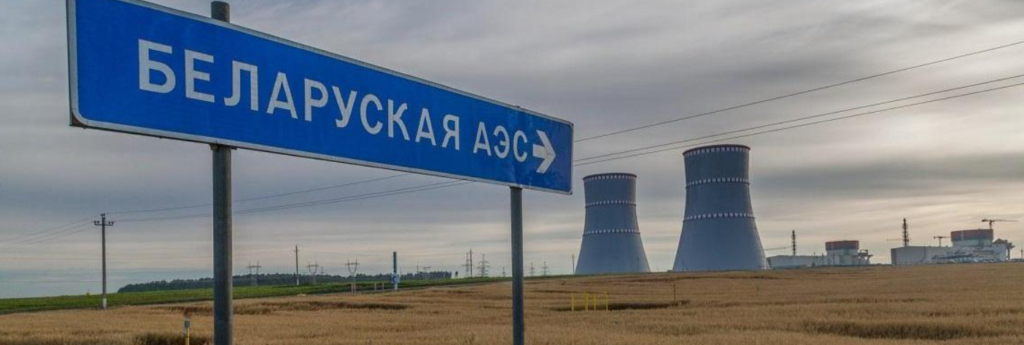
Belarus’s civil nuclear program, specifically its construction of the Astravets Nuclear Power Plant (NPP), has faced several concerns and criticisms:
- Safety: One of the primary concerns revolves around safety standards. There have been allegations of shortcuts and inadequate risk mitigation measures during the construction phase of the Astravets NPP. Some experts argue that the site’s location, near the Lithuanian border and in a seismically active region, raises questions.
- Transparency: Critics have highlighted a lack of transparency in the planning and construction of the nuclear plant. Belarus has been accused of not fully disclosing information regarding risk assessments, environmental impact studies, and emergency response plans.
- Political Context: The political context surrounding Belarus, particularly its strained relations with neighboring countries like Lithuania, has added complexity to the nuclear program. Lithuania, in particular, has been vocal in its opposition to the Astravets NPP, citing risk concerns and alleging that Belarus did not adhere to international standards during its construction.
- International Concerns: The Astravets NPP has attracted international attention and concern. The European Union has expressed worries about the plant’s risk mitigation processes and has called for closer scrutiny. There have also been discussions about the potential implications for regional security and the environment.
- Diplomatic Tensions: Belarus’s nuclear ambitions have strained diplomatic relations with neighboring countries and with the EU. Disputes over standards and environmental impact have contributed to tensions between Belarus and its neighbors, particularly Lithuania.
Overall, the Belarusian civil nuclear program, particularly the construction of the Astravets NPP, is a subject of controversy and debate, with concerns ranging from safety and transparency to political and diplomatic ramifications.
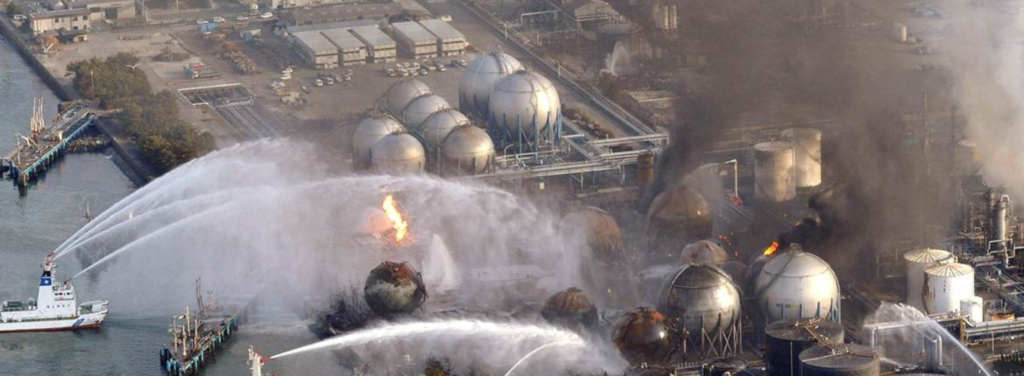
Japan’s civil nuclear program faces several challenges and issues, some of which include:
- Fukushima Daiichi Disaster: The most significant issue impacting Japan’s nuclear program is the Fukushima Daiichi nuclear disaster in 2011. A massive earthquake and tsunami damaged the Fukushima Daiichi Nuclear Power Plant, leading to meltdowns, releases of radioactive materials, and widespread contamination. This event severely damaged public trust in nuclear energy and led to a significant shift in Japan’s energy policy.
- Public Opposition and Safety Concerns: The Fukushima disaster heightened public concerns about nuclear safety, leading to widespread opposition to nuclear energy in Japan. Many citizens are wary of the risks associated with nuclear power plants, particularly in earthquake-prone regions like Japan. Regaining public trust in nuclear energy has proven challenging.
- Aging Infrastructure: Japan’s nuclear reactors are aging, and several were shut down for safety inspections and upgrades following the Fukushima disaster. Restarting these reactors has been a slow and contentious process due to safety concerns and public opposition. Additionally, the costs associated with upgrading and maintaining aging infrastructure are significant.
- Regulatory Challenges: The regulatory framework for nuclear energy in Japan has been criticized for being lax prior to the Fukushima disaster. Since then, efforts have been made to strengthen regulations and oversight, but challenges remain in ensuring the safety and security of nuclear facilities.
- Energy Policy Shifts: Following the Fukushima disaster, Japan revised its energy policy to reduce its reliance on nuclear power and increase the share of renewable energy sources. This shift has led to debates about the role of nuclear energy in Japan’s future energy mix and how best to balance energy security, environmental concerns, and economic considerations.
- Waste Management: Like other countries with nuclear programs, Japan faces challenges related to the long-term management and disposal of radioactive waste. Finding suitable storage solutions and addressing public concerns about nuclear waste disposal are ongoing issues.
- International Relations and Non-Proliferation Concerns: Japan’s nuclear program is closely monitored by the international community due to concerns about nuclear proliferation, given Japan’s history and its advanced nuclear technology. Maintaining good relations with other countries and adhering to non-proliferation commitments are important considerations for Japan’s nuclear program.
Addressing these issues requires a comprehensive approach that prioritizes safety, transparency, and public engagement while also considering Japan’s energy needs and commitments to international norms and agreements.
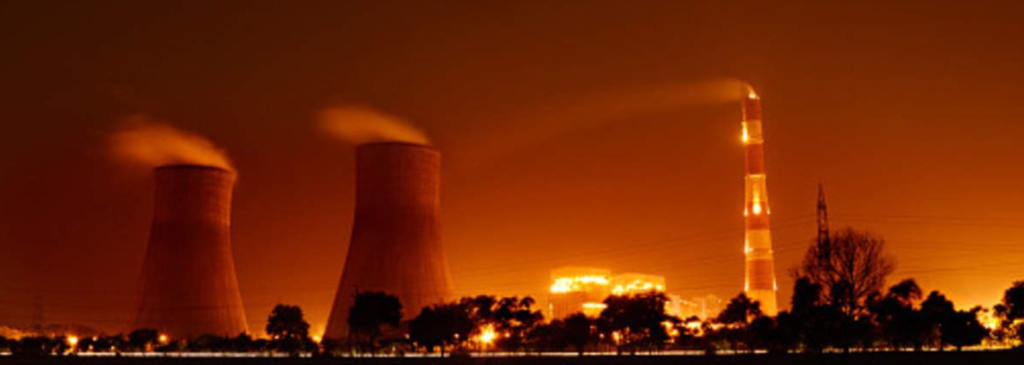
India’s civil nuclear program has faced several challenges and issues over the years, including:
- Nuclear Liability Law: India’s Civil Liability for Nuclear Damage Act (CLND) of 2010 imposes liability on nuclear suppliers in the event of a nuclear accident. This law has been a major concern for foreign nuclear suppliers, who worry about potential liabilities that could arise from supplying nuclear technology to India. The issue of nuclear liability has hindered the implementation of nuclear projects in India.
- Risk Mitigation: Standards and regulatory oversight in India have been criticized. The Fukushima Daiichi nuclear disaster in Japan in 2011 raised concerns about risks associated with India’s nuclear reactors, particularly in the face of natural disasters such as earthquakes and tsunamis. Ensuring the protection of existing and future nuclear facilities remains a significant challenge.
- Public Opposition: There has been significant opposition from local communities and environmental groups to the establishment of new nuclear power plants in India. Concerns about the environmental impact, displacement of communities, and the risk of nuclear accidents have fueled protests and legal challenges against nuclear projects.
- Cost and Delays: The construction of nuclear power plants in India has been plagued by cost overruns and delays. Projects such as the Kudankulam Nuclear Power Plant have faced significant delays due to technical, regulatory, and public opposition issues. These delays have led to increased costs and uncertainty regarding the viability of nuclear power as a solution to India’s energy needs.
- Supply Chain and Infrastructure: India’s domestic supply chain and infrastructure for the nuclear industry are still underdeveloped. The country heavily relies on imports for nuclear technology, equipment, and fuel, which can lead to supply chain vulnerabilities and dependency on foreign suppliers.
- Sizeable Risks: India has made key steps to strengthen nuclear security, but recent incidents at nuclear facilities indicate an urgent need for improvement. As New Delhi continues to sign new civil nuclear agreements with leaders in the global nuclear energy sector, the NSS is an opportunity for Indian Prime Minister Narendra Modi to prioritize nuclear material safety and security.
- International dependency and inefficiency: India has only two large reactors, both Russian-made, which generate nearly 30% of the total output. Of the 10 reactors under construction, four Russian-made reactors will account for half of the 8 million kW of output. Nuclear plants now account for only about 2% of India’s power generation, but power shortages have become a serious problem as the country’s population and economy grow.
Addressing these issues requires a concerted effort from the Indian government, regulatory bodies, and industry stakeholders to enhance safety standards, streamline regulatory processes, address public concerns, and invest in domestic nuclear capabilities.
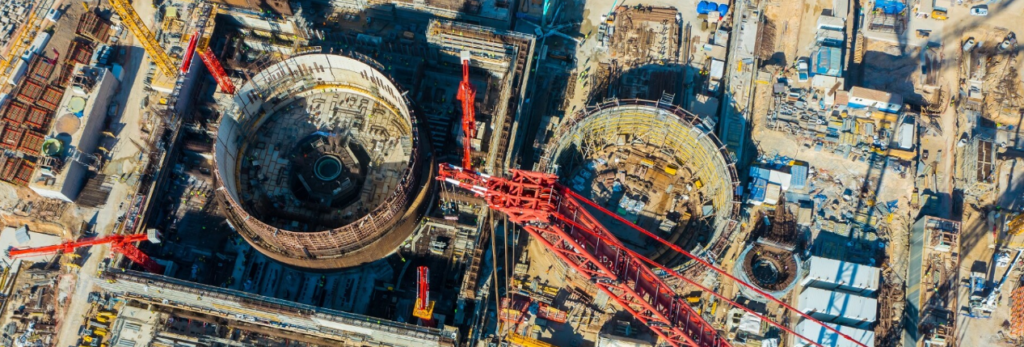
Turkey’s civil nuclear program faces several challenges and concerns:
- Geopolitical Tensions: Turkey’s geopolitical location, straddling Europe and Asia, and its historical relationships with neighboring countries, can complicate its nuclear ambitions. It shares borders with countries with varying degrees of stability and nuclear capabilities, such as Iran and Russia.
- Risk Mitigation: Ensuring the protection of nuclear facilities is paramount. Turkey, like any country with nuclear ambitions, must adhere to strict international standards and protocols to prevent accidents, theft of nuclear materials, or sabotage.
- Public Opposition: There is often public opposition to nuclear energy projects due to concerns about safety, environmental impacts, and the long-term management of nuclear waste. This opposition can slow down or even halt the development of nuclear projects.
- Cost and Financing: Nuclear power plants are capital-intensive projects, requiring significant investment and long lead times. Securing financing for these projects can be challenging, especially given the uncertainty surrounding nuclear energy’s future and competition from other forms of energy generation, such as renewables.
- Technical Challenges: Building and operating nuclear power plants require advanced technical expertise. Turkey may face challenges in developing a domestic workforce with the necessary skills and knowledge to manage and maintain nuclear facilities effectively.
- Waste Management: Nuclear energy generates radioactive waste that needs to be safely stored and managed for thousands of years. Establishing robust waste management systems is crucial to prevent environmental contamination and public health risks.
- Political and Regulatory Framework: Establishing a clear political and regulatory framework for the nuclear industry is essential. This includes laws and regulations governing the construction, operation, and decommissioning of nuclear facilities, as well as oversight mechanisms to ensure compliance with safety and security standards.
Addressing these challenges requires careful planning, investment, and international cooperation. Turkey must weigh the potential benefits of nuclear energy, such as reducing dependence on fossil fuels and mitigating climate change, against the risks and challenges associated with its civil nuclear program.
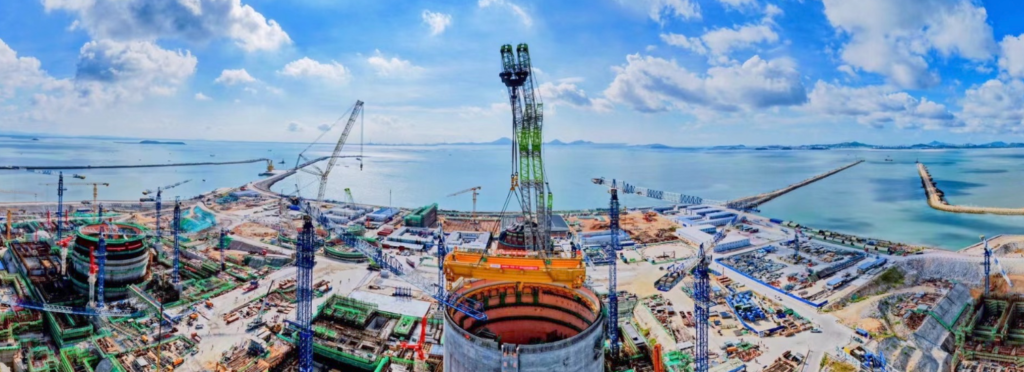
China’s civil nuclear program has faced several challenges and issues, including:
- Safety Concerns: Standards in China’s nuclear industry have been questioned. There have been reports of incidents and accidents, raising concerns about culture and regulatory oversight.
- Transparency and Accountability: Transparency and accountability regarding nuclear practices and incidents have been criticized. There have been allegations of cover-ups and lack of transparency in reporting incidents.
- Nuclear Proliferation Risks: China’s rapid expansion of its nuclear program has raised concerns about the proliferation of nuclear technology and materials. There are fears that China’s nuclear exports could contribute to the spread of nuclear technologies to other countries.
- Environmental Impact: The environmental impact of nuclear power, including issues such as radioactive waste disposal and potential accidents, is a significant concern. Critics argue that China’s nuclear program could have adverse effects on the environment and public health.
- Cost Overruns and Delays: Like many large infrastructure projects, China’s nuclear program has experienced cost overruns and delays. Delays in construction and commissioning of nuclear power plants can result in significant financial losses and disrupt energy planning.
- Public Opposition: There has been opposition from local communities and environmental groups to the construction of nuclear power plants in China. Concerns about safety, environmental impact, and the disposal of nuclear waste have fueled public protests and resistance to nuclear projects.
- Technological Challenges: Developing advanced nuclear technology, such as next-generation reactors, poses technical challenges and uncertainties. While China has invested in research and development in this area, there are risks associated with the deployment of new and unproven reactor designs.
Addressing these issues requires a comprehensive approach that prioritizes safety, transparency, environmental protection, and public engagement. Effective regulation, oversight, and international cooperation are essential to ensuring the safe and responsible development of China’s civil nuclear program.

Burma, also known as Myanmar, has been a subject of concern regarding its civil nuclear program due to several reasons:
- Military Control: Historically, Burma has been under military rule, which raises concerns about the transparency and accountability of its nuclear program. The military’s control over key aspects of the government could lead to opacity and lack of oversight, raising suspicions about the true nature and intentions of its nuclear activities.
- Proliferation Risks: There are concerns about Burma’s potential interest in developing or acquiring nuclear technologies. Given its history of isolation and suspicion regarding its military ambitions, there are fears that Burma’s civil nuclear program could be a cover for technological acquisition and export, raising proliferation risks in the region.
- Safety and Security: Nuclear facilities require stringent safety and security measures to prevent accidents, sabotage, or theft of nuclear materials. In a country with limited resources and infrastructure, ensuring adequate safety and security standards for nuclear facilities can be challenging. This raises concerns about the risk of nuclear accidents or the potential for nuclear materials falling into the wrong hands.
- Regional Stability: Burma’s pursuit of nuclear technology could have implications for regional stability and security dynamics. It could potentially trigger tensions with neighboring countries, especially given existing geopolitical rivalries and territorial disputes in the region.
- International Scrutiny: Burma’s nuclear program has attracted international scrutiny and concern from a range of NGO organizations. The lack of transparency and cooperation from the Burmese government in addressing these concerns further exacerbates international apprehensions about its nuclear intentions.
Overall, the issues surrounding Burma’s civil nuclear program stem from a combination of political, security, and proliferation risks, highlighting the need for greater transparency, accountability, and international cooperation in addressing these concerns.
